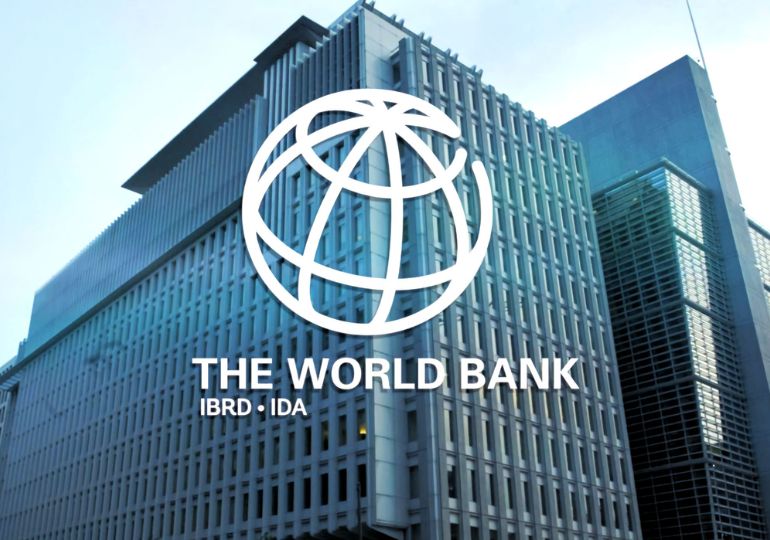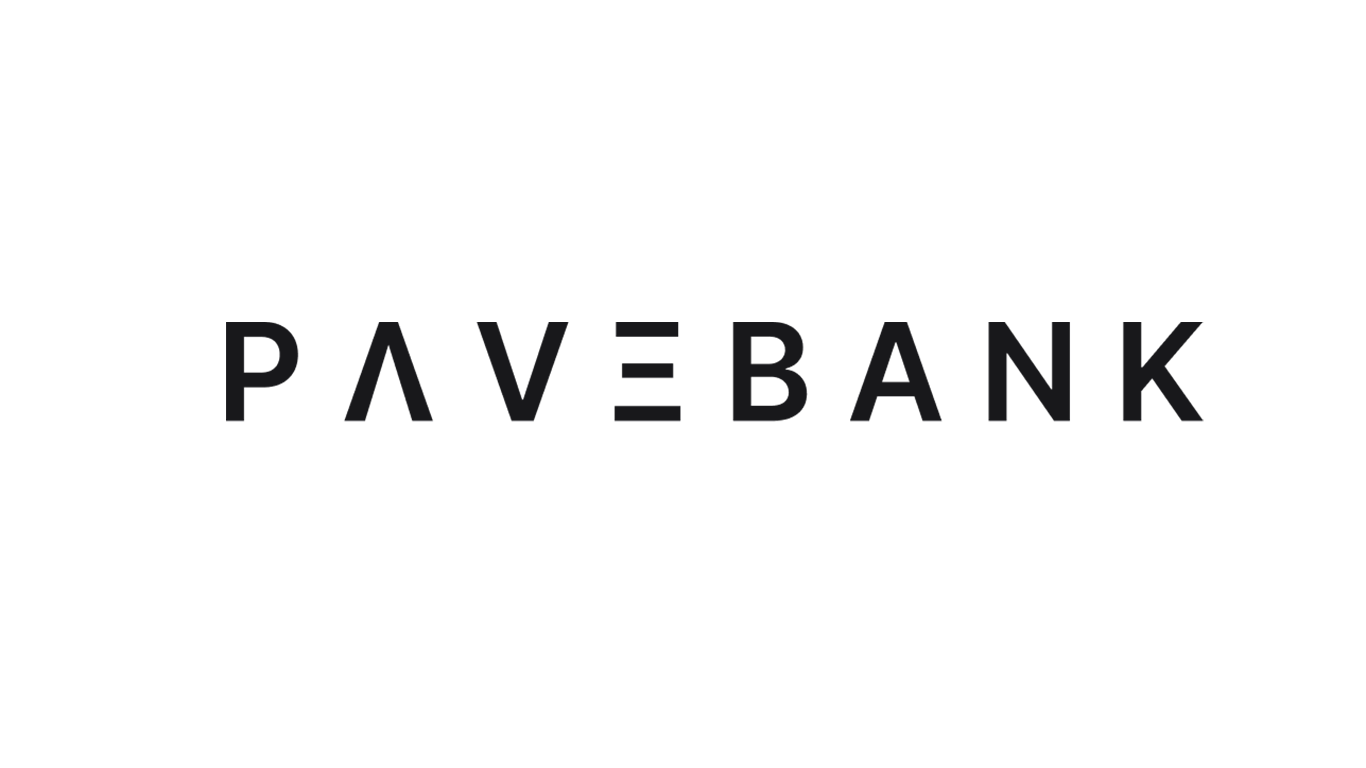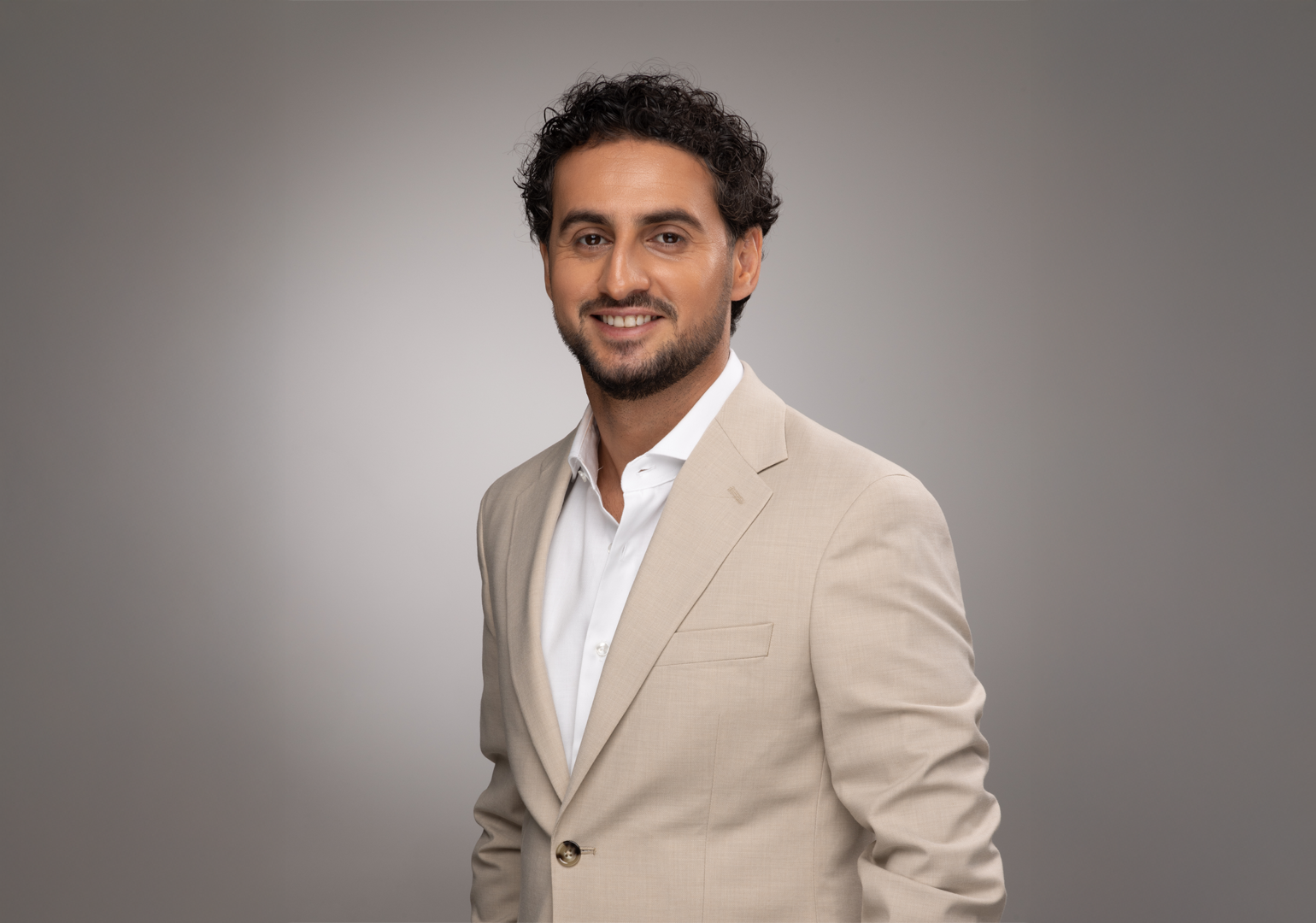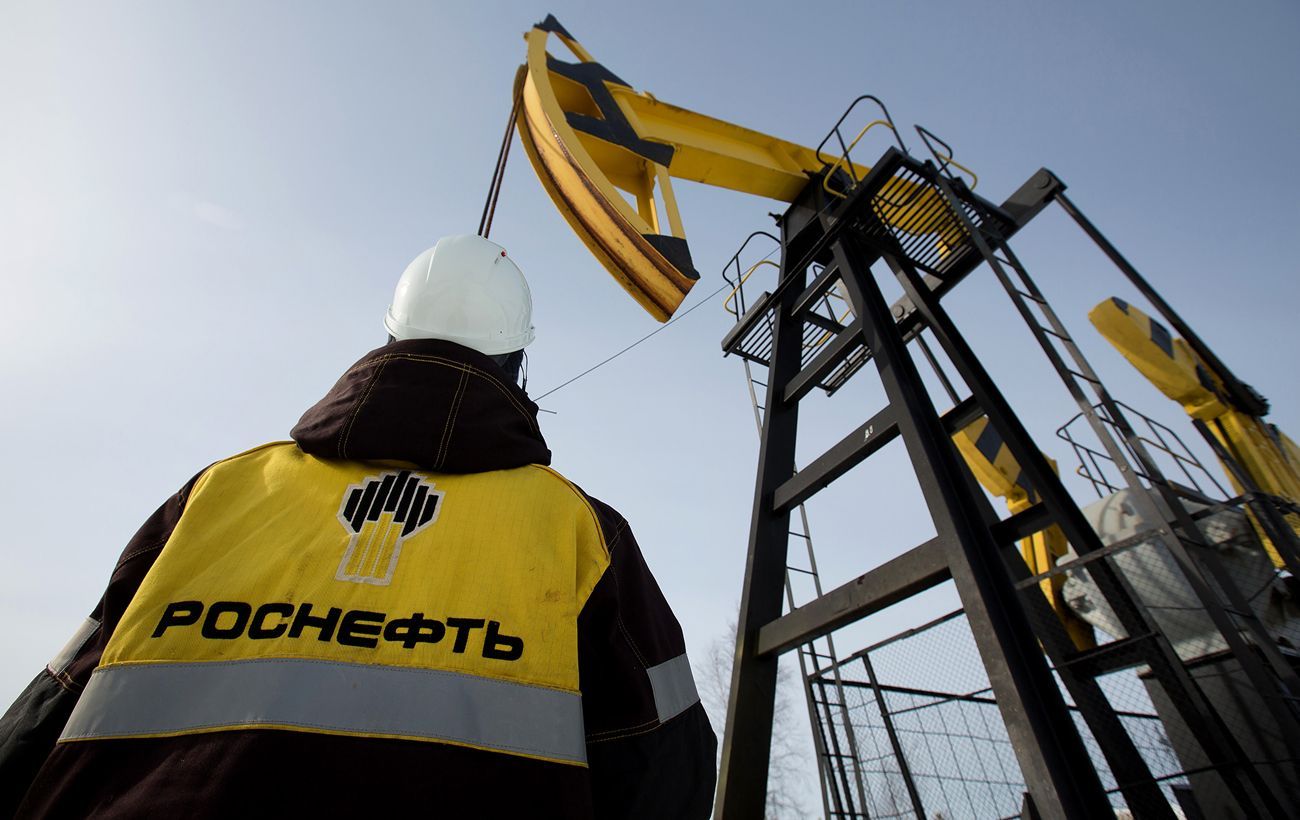With the help of the World Bank and AFD, Georgia has launched a Human Capital Program with over $500 million in contributions. This is the most significant investment extended by the World Bank to Georgia since the inception of their partnership over three decades ago. The program aims to unveil the country’s economic growth potential through health, education, and social protection investments.
“By facilitating the implementation of transformational reforms in education, healthcare, and social protection, the Human Capital Program will play an important role in accelerating Georgia’s long-term development and strengthening its path to EU membership,” according to World Bank Regional Director for the South Caucasus, Sebastian Molineus.
The World Bank has agreed to invest $400 million and to help co-finance the initiative, Agence française de développement (AFD) will expend €100 million. This investment is noteworthy because it is a budget support loan, meaning that the authorities will continue to work per the reform plan, and only after the results are adequate will the amount be reimbursed to the country.
“This is a method that considers compensation for the work done,” explained the Deputy Minister of Health Tamar Gabunia.
According to the World Bank, the Human Capital Program will aid in improving the quality of life of all citizens of Georgia. To do so, there will be fair and equal access to high-quality education, improved social benefits, and preventive healthcare with cheaper medicine and treatment plans.
“The Government of Georgia deems human capital development among its most significant priorities and acknowledges the need for investments towards this end. The World Bank has vast experience and tremendous potential in developing human capital. It is equally important to note that Agence française de développement (AFD) is willing to contribute to the successful implementation of this milestone reform. We believe that our joint effort will lead to empowered human capital in the county that will facilitate further advancement and major productivity growth in Georgia,” said Lasha Khutsishvili, the Minister of Finance of Georgia.
The World Bank has also stated that the program will help hone the skills and competencies of the Georgian youth, which will help them tackle modern challenges. This applies to early education, secondary school and high school, as well as higher education and beyond. The program will apply to people of all ages and social classes, with the priority being the minorities and most vulnerable.
In order to increase the effectiveness of the social programs, the human capital initiative will help to pinpoint low-income families with children quickly and respond to their needs by augmenting access to employment services throughout the nation.
According to Tamar Gabunia, $245 million will be spent on health within the framework of the Human Capital Program. “Emphasis will be placed on improving primary health care, which includes the expansion of the informational technologies infrastructure, the development of a telemedicine system, and the development and enactment of guidelines for family doctors, which are critical to providing quality services,” said Gabunia.












